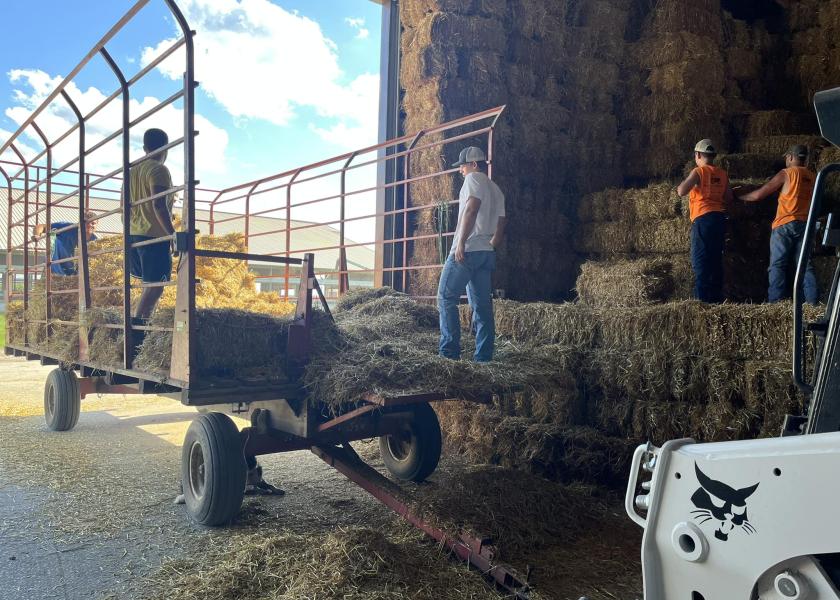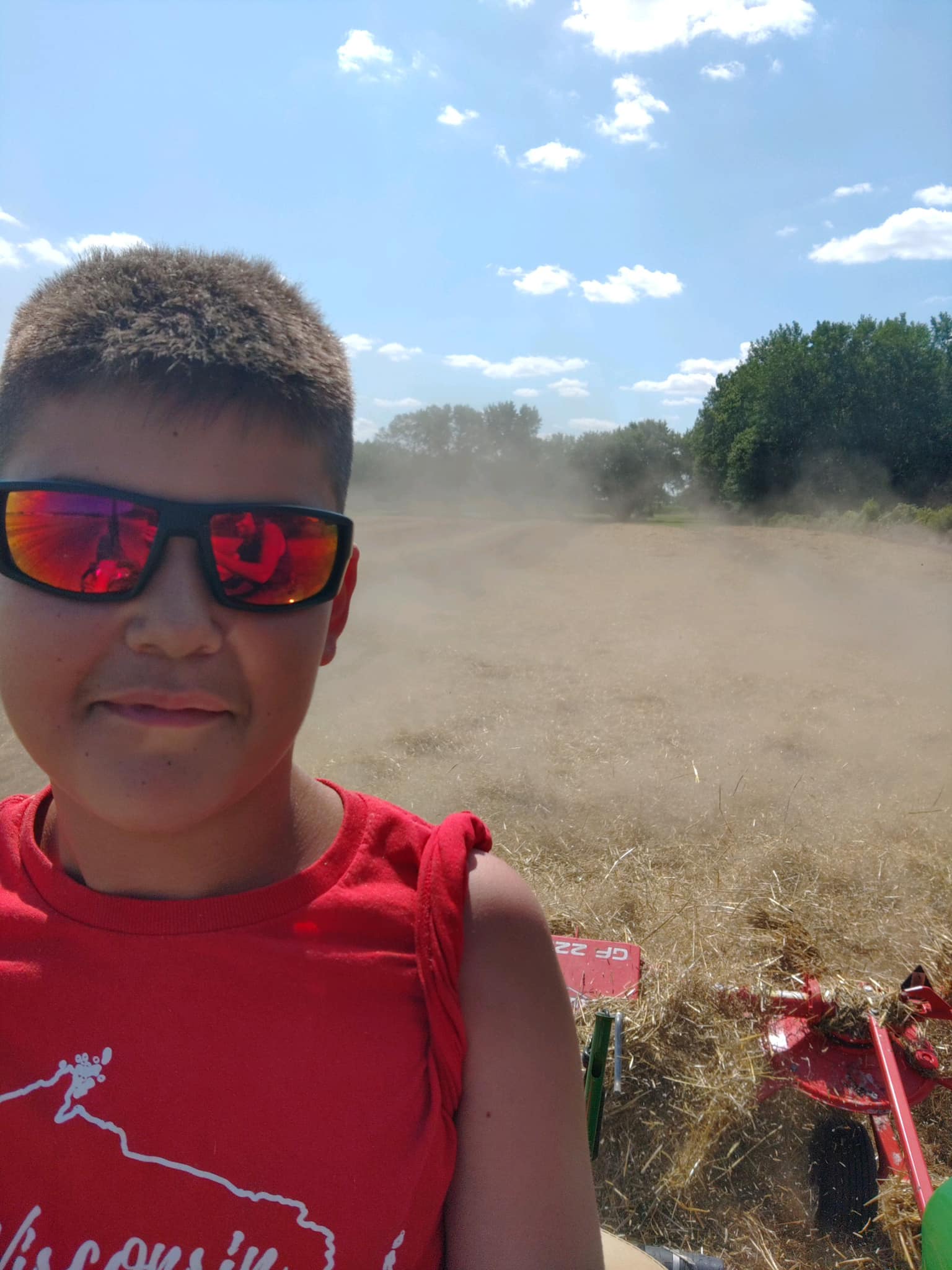The Top 6 Survival Tips for Raising Teen Farm Kids

The toughest job in the world is that of being a mother. Raising children is tough. I think most moms would agree that they would take a toddler again over parenting a teenager. Raising teens is not easy and while many of those years are spent watching our children thrive, other times we are just trying to survive. Who is with me here?
Summer breaks mean longer days and while farmers love the endless sunlight to help with the endless workload, mothers might not share the same love. Summer means kids are home, and while that often means they can help more with the workload; it becomes a lot for parents at times. Sometimes when we are in the middle of preparing for county fair or baling straw is when the bellyaching occurs.

The good news, or at least from my perspective, is that the older the teen gets the better the teen becomes. They learn the hard lessons that shape farmers to be the heartbeat of America, learning traits like commitment, working together and sacrifice.
Not long ago, I jotted down some survival tips when I found myself arguing with one of my teenagers. Let me assure you all, that I truly believe there is no better place to raise kids than on a farm. This especially holds true for teenagers who are finding their way and their purpose. There is always a job to do, and the landscape a farm provides is needed for a teen to figure out their purpose in life.
- Fuel them up. Teenagers are growing at a rapid speed, so you must feed them. A LOT! I know this is a painful task, with groceries being so expensive, but my tip is to feed them some kind of protein before you talk to them. Feed your teens.
- Establish boundaries. Those boundaries can be loosened the older and more mature they get. For example, my youngest son (age 13) has a rule that the phone is put up by 9 p.m. We let the kids know that phones are a privilege and when they are disrespectful, they lose privileges, like phones.
- Establish expectations. This often means chores and what they are required to do around the farm, but also in the home. Sometimes when kids are having a tough time staying on task, I will write out what all needs to be done and then they can have time to hang out with friends, watch television or go fishing.
- Step away. I began stepping away more. When it's just the kids in the barn, they talk to each other — about school, about friends, about cows and farm life, and their problems. I think it's healthy for open dialogue among siblings, and it is also healthy for kids to become their own problem solvers.
- Fresh air. It cures just about anything. When kids have an attitude, scoot them outside.
- Give them attention. While sometimes they might think they don’t need you (heck they might even be vocal to tell you that), spend time with your children. I would add, spend time with your children away from the farm and away from doing chores together. Grab ice cream in town together. Play basketball on the driveway together. Go watch a movie. Talk to them. Listen to them. Hug them. It’ll fill their hearts and minds, as well as yours.
Raising teens isn’t for the faint of hearts. It is a tough job. What tips would you add to this survival list?







